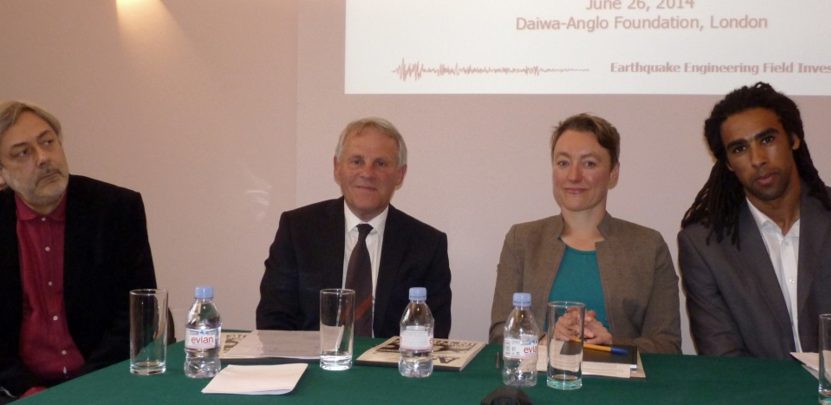 Seminar
SeminarThursday 26 June 2014
6:00pm
Disaster Management After the Great East Japan Earthquake and Tsunami
Drinks reception: 7:00pm – 8:00pm
13/14 Cornwall Terrace, Outer Circle, London NW1 4QP
Organised by The Daiwa Anglo-Japanese Foundation
The presentation by members of the Earthquake Engineering Field Investigation Team (EEFIT) will outline key lessons following 2 years of recovery after the 2011 Great East Japan Earthquake and subsequent tsunami and nuclear incident, based on Japan mission findings in June 2013 and June 2011. The consequences of the 2011 Japan earthquake and tsunami made this event the most expensive natural disaster recorded in the world to date. The observations of the team are relevant to the engineering community as well as those involved in coastal protection structures, tsunami hazard and risk assessment, the nuclear industry, post-disaster housing, urban planning, disaster mitigation, response and recovery, the insurance industry and catastrophe modelling.
The Earthquake Engineering Field Investigation Team (EEFIT) is a team of practicing and academic built environment professionals, who visit the sites of major disasters to bring back prevalent lessons for the engineering and disaster management community worldwide.
About the contributors
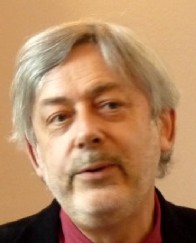
Professor David Alexander
Professor David Alexander is Professor of Risk and Disaster Reduction at University College London. His books include “Natural Disasters”, “Confronting Catastrophe” and “Principles of Emergency Planning and Management”. He is Editor-in-Chief of the International Journal of Disaster Risk Reduction and co-editor of the journal ‘Disasters’. His research and teaching interests include natural hazards, earthquake disasters and emergency planning and management
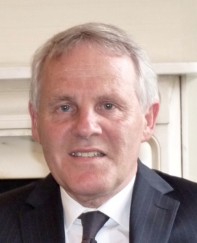
Dr Stephen Platt
Dr Stephen Platt is Chairman of Cambridge Architectural Research. He is a social scientist with a background in urban planning. He is currently writing a book entitled Disaster Recovery – tools and case studies, based on studies of 10 major earthquake/tsunami related disasters and research on information provision and decision making. His research interests include managing urban growth and shrinkage as well as earthquake disaster management and recovery.
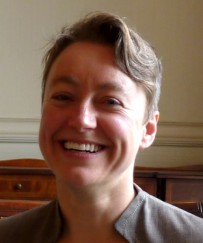
Dr Kate Crawford
Dr Kate Crawford joined UCL in January 2013. She is a chartered building services engineer with experience in a variety of private sector, humanitarian and development organisations. Kate’s PhD research at UCL (2004-8) examined relationships between urban livelihoods, infrastructure and governance in Cusco and was originally inspired by her design work as a project engineer at Fulcrum Consulting (now part of Mott MacDonald). Before university, Kate spent a year in the British Army.
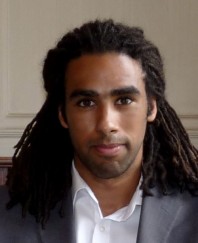
Joshua Macabuag (Chair)
Joshua Macabuag is a Chartered structural engineer, and currently conducting research at UCL’s Earthquake and People Interaction Centre (EPICentre) into tsunami design of buildings. He has conducted post-tsunami damage and reconstruction surveys in Japan with the Earthquake Engineering Field Investigation Team in 2011 and 2013 respectively, and was editor of the 2013 EEFIT report.